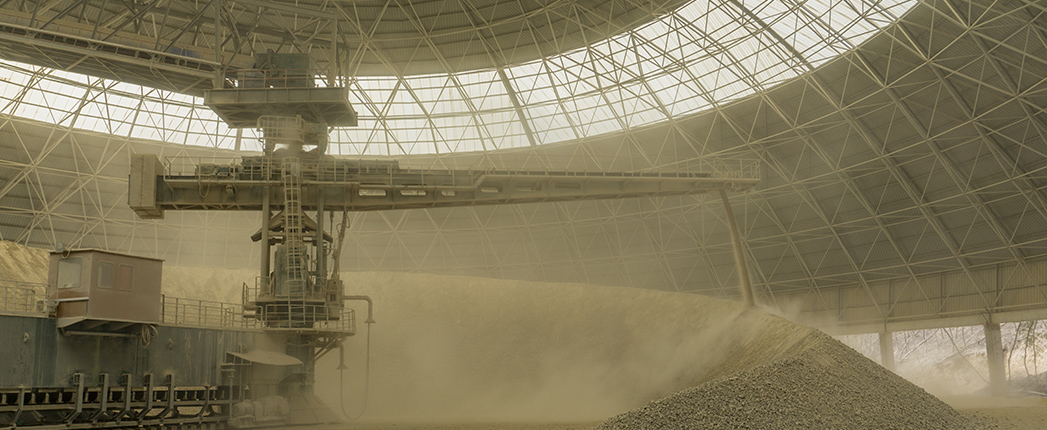
Cambodia will eliminate tariffs on imported industrial lubricants effective Jan. 1 in an attempt to boost competitiveness of industries that use them.
Tariffs on industrial lubricants range from 10% to 25%, depending on the type of lubricant and the stage of production process in which it is used. In December, Prime Minister Hun Sen signed a sub-decree removing duties for lubricants used in the textile industry and others.
By removing import tariffs, the government hopes to lower production costs and mitigate the slowdown in exports during the COVID-19 pandemic. The country’s largest export industries is textiles and garments. Garment and footwear exports grew 17.7% in 2018, compared to 8.4% the previous year. Cambodia’s major export markets are the United States, Europe and Japan, according to statistics from the World Bank.
However, “the economy is projected to contract by 2 percent in 2020, but is expected to bounce back and grow by 4 percent in 2021,” according to Restrained Recovery, the World Bank’s latest economic update for Cambodia, published in December.
“Based on benchmarking with the Vietnamese market, with Vietnam market developments and dynamics as bases, we assess that the removal of import tax on industrial lubricants will, to some extent, increase [the volume of] imported lubricants,” Khanh Ngo, senior consultant at Ipsos Strategy3, told Lube Report.
“Countries such as Cambodia, Laos or Myanmar do not have a well-developed manufacturing sector, and we anticipate that lubricants [blenders] are not ready to set up bases in Cambodia yet,” the consultant said. “Lubricant companies also have plants in [Association of Southeast Asian Nations] countries, so they will export and enjoy 0% import duties rather than setting up new plants in the country. The industrial market size of Cambodia is also smaller than other Asean nations, such as Thailand, Indonesia, and Vietnam.
Tariffs on raw materials used in the food and beverage, machinery, medical and other industries were also reduced or removed.